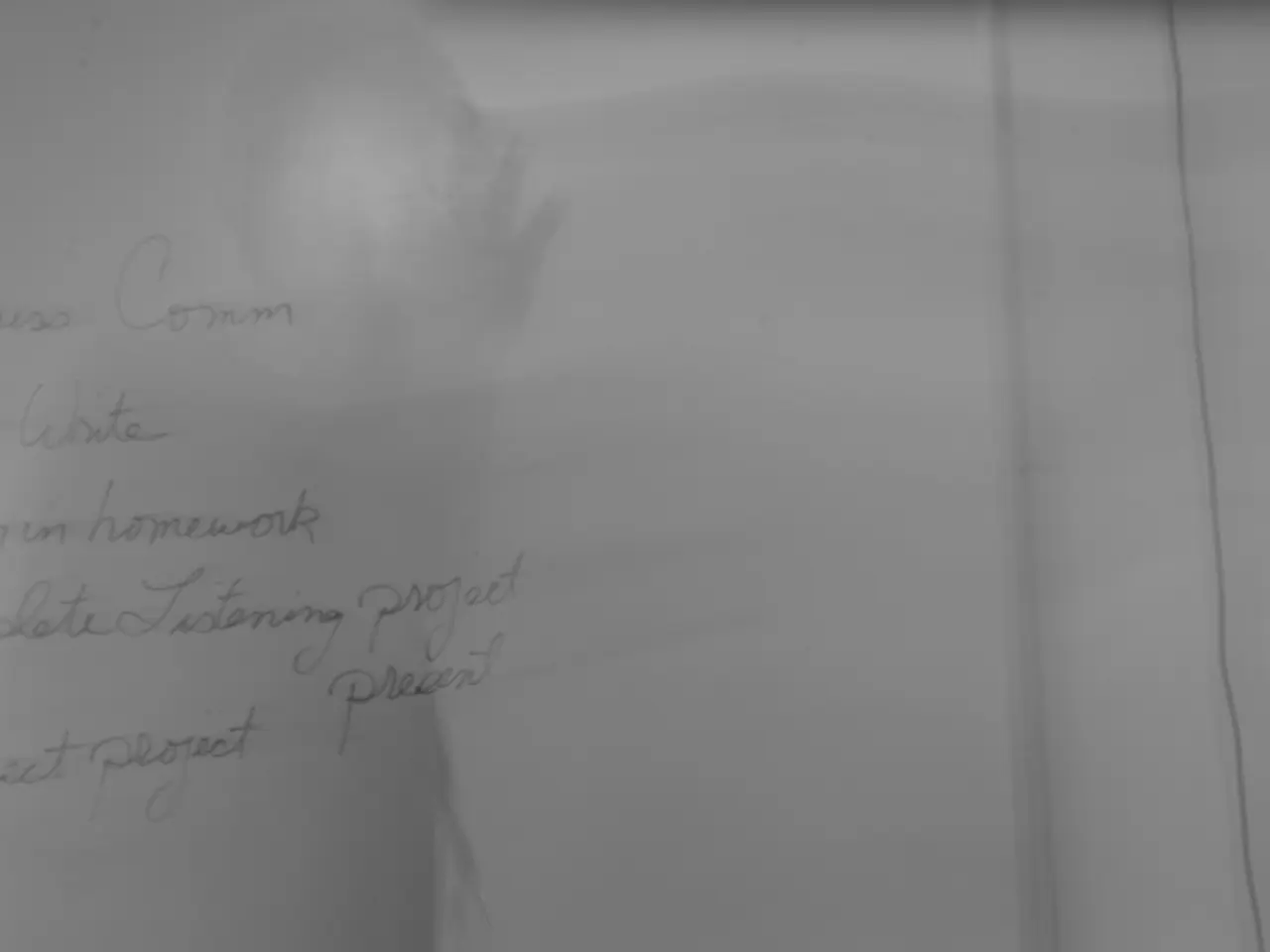Altering patent assertions under Indian legal regulations
The Indian patent landscape has undergone significant changes with the introduction of the Patent Amendment Rules 2016. One of the key provisions introduced is the ability to delete claims during the Indian National Phase entry.
Before the rules came into effect on 16 May 2016, deletion of claims was not allowed at the time of entering the national phase in India. This new provision allows applicants to remove claims that are not patentable in India, making the process more efficient and cost-effective.
This provision has a prospective effect, meaning it only applies to national phase applications filed after 16 May 2016. Applicants can delete claims during the Indian National Phase entry under Rule 20(1) of the Patent Amendment Rules 2016.
The deletion of claims is primarily useful in cases where part of the claims are not patentable in India. It eliminates the financial burden and lengthy process of filing and then making a separate application under section 57 of the Indian Patents Act 1970.
The Ayyangar Commission, in its 1959 report, recommended limiting patent claims to a single claim to simplify and streamline the patent process in Indian patent and design legislation. This new provision aligns with that recommendation, making the patent process in India more straightforward.
Amendments must not expand the scope of the claim or add additional subject matter and should be supported by the original specification or claim. Evidence of bad faith or unfair conduct can lead to a refusal of the amendment. A delay in seeking an amendment can be grounds for refusal unless the applicant/patentee can provide evidence of reasonable grounds for the delay.
The provision to amend a patent claim under Indian law has roots in section 17 of the Indian Patents and Designs Act, 1911. Section 59 of the Act provides that amendments can be made in three ways: disclaimers, correction, and explanation. The deletion of claims falls under the category of correction.
Section 58 of the Act allows the High Court or Appellate Board to allow an applicant/patentee to amend the claim or specification instead of revoking a patent which is found to be invalid. This provision provides a second chance for applicants to rectify their applications and save their patents from being revoked.
In India, the clarity and precision of a patent claim and specification determine the monopoly claimed. The ability to delete claims during the Indian National Phase entry provision ensures that the monopoly claimed is accurate and only covers patentable subject matter.
Overall, the new provision to delete claims during the Indian National Phase entry simplifies and streamlines the patent process in India, making it more efficient and cost-effective for applicants.
Read also:
- Peptide YY (PYY): Exploring its Role in Appetite Suppression, Intestinal Health, and Cognitive Links
- Toddler Health: Rotavirus Signs, Origins, and Potential Complications
- Digestive issues and heart discomfort: Root causes and associated health conditions
- House Infernos: Deadly Hazards Surpassing the Flames








